It’s been exactly 47 days of peace. You’re finally starting to feel like yourself again after going no contact with the narcissist in your life. Then it happens – your phone lights up with a message from them. Your heart races, and that familiar knot forms in your stomach. What you’re experiencing is narcissist hoovering after no contact, and it’s more common than you might think.
You’re not imagining things – this sudden reappearance isn’t random. Narcissist hoovering after no contact is a calculated behavior designed to pull you back into their orbit, just when you’ve started to break free. Like the famous vacuum cleaner it’s named after, hoovering aims to suck you back into a cycle you’ve worked so hard to escape.
In this guide, you’ll discover why narcissists return after periods of silence, how to recognize their subtle (and not-so-subtle) attempts to reconnect, and most importantly, how to protect yourself from being drawn back into their world. Whether you’re experiencing hoovering for the first time or the fifth, understanding this behavior is your first step toward maintaining your freedom.
Think of narcissist hoovering after no contact like a sophisticated marketing campaign – except instead of selling a product, they’re selling the illusion of change, connection, and everything you once hoped your relationship could be. But this time, you’ll be armed with knowledge that can help you see through the facade.
Let’s dive into everything you need to know about this manipulative tactic and how to stay strong in your commitment to no contact.
What is Narcissist Hoovering?
Picture this: you’ve finally broken free from a toxic relationship and implemented no contact. Then suddenly, like a powerful vacuum cleaner trying to suck up everything in its path, the narcissist attempts to draw you back in. This is precisely why we call it narcissist hoovering after no contact – it mirrors how a Hoover vacuum works, attempting to pull you back into their orbit with surprising force.
But what exactly does this behavior look like? Narcissist hoovering after no contact can take many forms. It might be a seemingly innocent text message checking if you’re okay, an email reminiscing about “good times,” or even messages sent through friends about how much they’ve “changed.” These aren’t random acts of kindness – they’re calculated attempts to reopen the door you’ve firmly closed.
Think of hoovering as a master angler casting their line with the perfect bait. They know your vulnerabilities, your hopes, and exactly which emotional buttons to push. The narcissist might use:
- Sweet messages that remind you of the beginning
- Apologies that sound sincere (but aren’t)
- Claims of personal transformation
- Promises to be different this time
- Subtle hints about shared memories
The psychology behind narcissist hoovering after no contact is fascinating and troubling. When you cut contact, you essentially remove their source of narcissistic supply – the attention, drama, and emotional energy they feed off. Like a person searching for water in a desert, they become desperate to regain what they’ve lost. Your strength in maintaining no contact actually makes you more attractive to them, not because they miss you as a person, but because they miss the control they once had.
Understanding this behavior for what it is – a manipulation tactic rather than genuine care – is crucial for maintaining your boundaries. When you recognize narcissist hoovering after no contact, you can see it for what it truly is: not a sign of love or change, but a calculated attempt to regain control over your life.
Remember, just as a vacuum cleaner can’t work without power, hoovering can’t succeed without your response. By understanding these basics, you’re already strengthening your resistance to their pull.
Common Signs of Narcissist Hoovering (With Real-Life Examples)
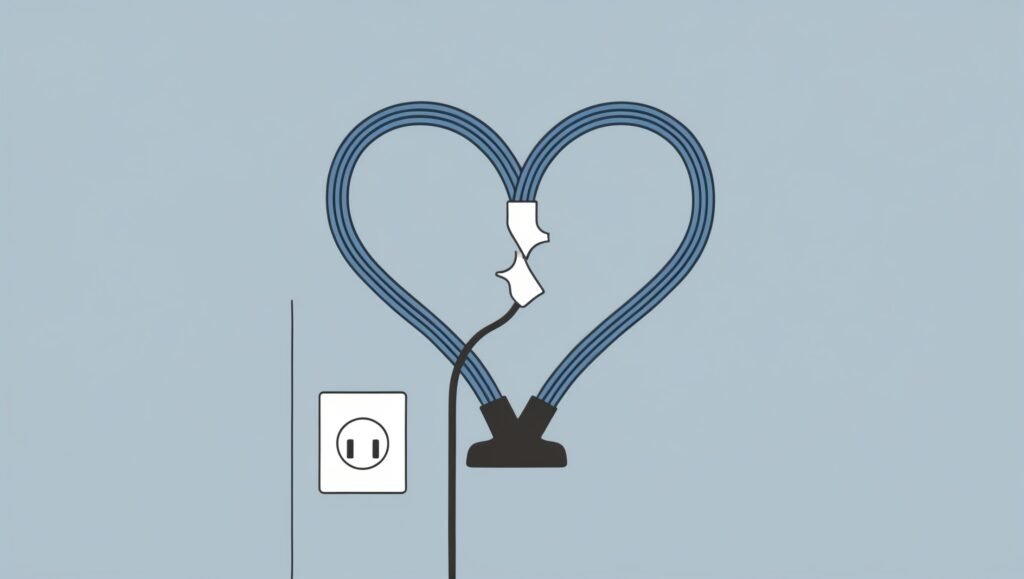
When you’re dealing with narcissist hoovering after no contact, spotting the warning signs early can save you from being pulled back into a toxic cycle. Let’s explore the most common hoovering techniques narcissists use, complete with real-world examples that might feel uncomfortably familiar.
The “Innocent” Text Message Campaign
You might be going about your day when suddenly – ping! “Hey, just wanted to make sure you’re doing okay.” These seemingly harmless messages are classic signs of hoovering narcissist behavior. They often follow a predictable pattern:
- “I saw something that reminded me of you…”
- “Remember when we used to…”
- “I’ve been doing a lot of thinking…”
- “I hope you’re doing well. I miss our talks.”
Strategic Social Media Manipulation
In today’s digital age, social media has become a favorite playground for narcissist hoovering. Watch out for:
- Carefully curated posts showing their “amazing” new life
- Cryptic updates clearly meant for your eyes
- Photos with new partners to spark jealousy
- “Accidentally” liking your old posts
- Stories highlighting how much they’ve “changed”
The Emergency Card
One of the most manipulative hoovering techniques narcissists use involves manufacturing emergencies. These might look like:
- Sudden health scares that only you can help with
- Financial emergencies where you’re their “only hope”
- Family crises that “only you would understand”
- Claims about needing closure for their “healing process”
The Flying Monkey Approach
When direct contact fails, narcissists often resort to using others as intermediaries. This aspect of narcissist hoovering after no contact might include:
- Mutual friends passing along messages about how “different” they are now
- Family members trying to guilt you into reconnecting
- Colleagues mentioning how much they’ve “grown”
- Social connections sharing stories about their “positive changes”
Digital Breadcrumbs
Some hoovering attempts are more subtle. They might:
- View your LinkedIn profile repeatedly
- Join groups or communities they know you’re part of
- Comment on mutual friends’ posts where you’re tagged
- Show up at places they know you frequent
The Special Occasion Excuse
Holidays and significant dates become perfect opportunities for hoovering attempts:
- Birthday messages “just to be nice”
- Holiday greetings that feel innocent enough
- Anniversary reminders of “special moments”
- New Year messages about “fresh starts”
Remember, recognizing these signs of hoovering narcissist behavior is crucial for maintaining your no contact rule with narcissist. Each message, no matter how innocent it seems, is a carefully calculated attempt to reestablish control.
Pro Tip: Keep a record of these hoovering attempts. This documentation can help you:
- Recognize patterns in their behavior
- Strengthen your resolve when feeling vulnerable
- Have evidence if you need legal protection
- Remind yourself why you chose no contact in the first place
Understanding these signs empowers you to maintain your boundaries and continue your healing journey without getting pulled back into their orbit. Remember, narcissist hoovering after no contact is not about you – it’s about their need for control and supply.
Why Narcissists Return After No Contact
If you’re experiencing narcissist hoovering after no contact, you might wonder why they can’t just let you move on with your life. The answer lies in a complex web of psychological needs and behavioral patterns that drive narcissistic individuals to seek reconnection – even when you’ve made it clear you want nothing to do with them.
The Addiction to Narcissistic Supply
Think of narcissist hoovering like a drug addict seeking their next fix. When you maintained a relationship with them, you were their reliable source of:
- Attention (positive or negative)
- Emotional reactions
- Validation
- Control
- Admiration
When you implement the no contact rule with narcissist, you effectively cut off their supply. Just as an addict might desperately seek out their substance of choice, a narcissist begins hoovering techniques to regain their source of emotional nourishment.
Your Strength Makes You More Attractive
Here’s something that might surprise you: the stronger you become in maintaining no contact, the more intensely they might try to hoover. Why? Because:
- Your independence challenges their sense of control
- Your growth threatens their ego
- Your ability to live without them contradicts their self-image
- Your strength makes them question their power over you
This is why signs of hoovering narcissist behavior often intensify when you show resilience. Your success in moving forward without them becomes an irresistible challenge they feel compelled to overcome.
The Insecurity-Hoovering Connection
Beneath the confident facade, narcissistic hoovering after no contact reveals deep-seated insecurities:
- Fear of abandonment
- Terror of being exposed as imperfect
- Desperate need for external validation
- Inability to self-regulate emotions
- Deep-rooted shame they can’t acknowledge
These insecurities fuel their hoovering behavior. When you ended contact, you unknowingly triggered these core wounds, intensifying their need to prove they still have power over you.
The Cycle of Narcissistic Return
Understanding how long does narcissist hoovering last requires recognizing the cycle:
- Initial separation (you establish no contact)
- Period of testing (they gauge your resolve)
- Escalation of hoovering attempts
- Either success (you respond) or temporary retreat
- Repeated attempts with new strategies
This cycle can continue indefinitely unless you maintain firm boundaries. Each successful hoovering attempt reinforces their belief that they can always win you back.
The Reality Check
Here’s the brutal truth about narcissist hoovering after no contact: it’s never really about you. Their return isn’t because they:
- Realized your true worth
- Actually changed their ways
- Genuinely miss your connection
- Want to make amends
Instead, it’s about:
- Regaining control
- Proving their power
- Securing narcissistic supply
- Protecting their self-image
Understanding these underlying motivations helps you maintain your resolve when faced with hoovering attempts. Remember, their return isn’t a compliment – it’s a testament to your value as a source of narcissistic supply, nothing more.
By recognizing why narcissists return after implementing the no contact rule, you’re better equipped to maintain your boundaries and continue your healing journey. Their hoovering isn’t about love or connection – it’s about control and supply.
Sneaky Hoovering Techniques Narcissists Use
When dealing with narcissist hoovering after no contact, it’s crucial to recognize their sophisticated manipulation tactics. Let’s unmask these deceptive strategies they employ to regain control.
The “Born Again” Persona
One of the most effective hoovering techniques narcissists use is the dramatic transformation act:
- “I’ve been in therapy, and I’ve changed completely”
- “I finally understand what I did wrong”
- “You were right about everything”
- “I’m not the same person anymore”
Remember, real change takes time and consistent effort. If they claim to have transformed overnight, it’s likely another manipulation tactic.
Love Bombing: The Sequel
Just like a movie remake, narcissist hoovering often includes an enhanced version of their initial love bombing:
- Extravagant gifts appearing on your doorstep
- Passionate declarations of undying love
- Promises of the future you always wanted
- “Coincidental” recreations of your favorite memories
- Grand gestures designed to remind you of the “good times”
The Guilt Trip Express
When signs of hoovering narcissist behavior include guilt manipulation, they might:
- Remind you of everything they’ve “done for you”
- Mention health issues or personal struggles
- Bring up shared responsibilities or past promises
- Use mutual children or pets as leverage
- Reference religious or moral obligations
Stealth Mode Operations
When direct hoovering attempts fail, narcissists get creative with their no contact rule violations:
- Creating fake social media accounts to monitor you
- Using work-related excuses to establish contact
- “Accidentally” running into you at familiar places
- Befriending your new connections
- Spreading rumors to mutual acquaintances
Protecting Yourself from Narcissist Hoovering
Now that you understand their tactics, here’s how to shield yourself from narcissist hoovering after no contact:
Digital Fortress
- Block them on all platforms
- Set social media accounts to private
- Change your email address if necessary
- Document all hoovering attempts
- Alert trusted friends about potential impersonation attempts
Emotional Boundaries
- Remind yourself why you chose no contact
- Create a support system of people who understand
- Keep a list of their manipulative behaviors
- Practice self-care during triggering occasions
- Develop a plan for handling unexpected contact
Legal Protection
- Save evidence of all unwanted contact
- Consider a cease and desist letter
- Learn about restraining order requirements
- Inform your workplace about potential security concerns
- Keep a detailed log of hoovering incidents
Support System Strengthening
- Educate friends and family about hoovering
- Identify and avoid “flying monkeys”
- Join support groups for survivors
- Consider professional counseling
- Create emergency contacts for vulnerable moments
Remember: How long does narcissist hoovering last often depends on how consistently you maintain your boundaries. Each response, even a negative one, encourages them to continue their efforts.
How Long Does Narcissist Hoovering Last?
When you’re dealing with narcissist hoovering after no contact, one of the most common questions is about its duration. The uncomfortable truth? There’s no universal timeline, but understanding the patterns can help you prepare for what lies ahead.
The Typical Timeline
Hoovering techniques narcissists use often follow a predictable pattern:
- Immediate Response (1-7 days): The initial shock of your departure triggers urgent attempts to reconnect
- Escalation Period (2-4 weeks): Increased frequency and intensity of contact attempts
- Strategic Pause (1-2 months): A deliberate period of silence to make you let your guard down
- Renewed Efforts (3-6 months): Fresh hoovering attempts with new tactics
- Special Occasion Surges: Birthdays, holidays, and anniversaries often trigger new waves
Factors That Influence Duration
The length and intensity of narcissist hoovering after no contact often depends on:
Your Past Response Pattern
- If you’ve broken no contact before, they’ll likely persist longer
- Quick responses in the past encourage extended hoovering attempts
- Consistent boundary maintenance might shorten the duration
Their Current Life Situation
- Availability of other narcissistic supply sources
- Major life changes or stressors they’re experiencing
- Their relationship status
- Professional or social pressures
The Relationship History
- Length of your previous relationship
- Depth of emotional investment
- Shared connections (children, property, business)
- Amount of control they previously had
Warning Signs of Escalation
Watch for these signs of hoovering narcissist behavior intensifying:
- Increased frequency of contact attempts
- Shifting between multiple hoovering strategies
- Moving from digital to physical stalking
- Involving more people in their hoovering efforts
- Making threats (subtle or overt)
- Showing up at your home or workplace
- Creating false emergencies
- Using increasingly aggressive language
When to Seek Legal Protection
Consider legal action when narcissist hoovering crosses these boundaries:
Immediate Red Flags:
- Direct or implied threats
- Unwanted physical presence
- Harassment of family or friends
- Cyberstalking or digital harassment
- Defamation attempts
- Professional sabotage
Documentation Requirements:
- Keep all communication records
- Screenshot social media interactions
- Log dates and times of incidents
- Record witness statements
- Save any threatening messages
Creating a Timeline Exit Strategy
To shorten how long does narcissist hoovering last:
- Maintain absolute no contact
- Block all possible communication channels
- Inform trusted contacts about the situation
- Create distance in shared social circles
- Consider relocating if necessary
- Build a strong support system
Remember: The duration of hoovering often reflects your response to it. Each time you maintain the no contact rule with narcissist, you’re sending a clear message that their tactics won’t work.
Standing Strong: Your Path Forward
When facing narcissist hoovering after no contact, remember this: your freedom isn’t just possible—it’s absolutely achievable. Every time you resist hoovering techniques narcissists use, you’re not just maintaining boundaries; you’re reclaiming your power.
Your Strength Is Real
Think about how far you’ve come:
- You recognized the toxic patterns
- You found the courage to implement the no contact rule with narcissist
- You’re educating yourself about signs of hoovering narcissist behavior
- You’re actively working on your healing journey
Each of these steps demonstrates remarkable strength. The very fact that they’re still attempting to hoover proves something powerful: your absence impacts them far more than their presence affects you.
Remember This Truth
Narcissist hoovering after no contact isn’t a sign of love—it’s a testament to your worth and strength. Their persistent attempts to regain control over you reveal how valuable you truly are and how capable you are of living a fulfilled life without them.
Your Next Steps
As you continue your healing journey:
- Trust your instincts about hoovering attempts
- Celebrate each day of maintained boundaries
- Connect with others who understand your experience
- Focus on your growth and self-discovery
- Build the life you deserve, free from manipulation
Join Our Community
You’re not alone in this journey. We invite you to:
- Share your experience in the comments below
- Connect with fellow survivors who understand
- Learn from others who’ve maintained their freedom
- Offer support to those just starting their journey
Remember: How long does narcissist hoovering last depends largely on your commitment to self-preservation. Every time you choose yourself, you weaken their hold over you.
Take Action Today
- Bookmark this guide for future reference
- Subscribe to our newsletter for more healing resources
Your story matters. Your healing matters. Your freedom matters.
Has this guide helped you recognize and resist hoovering attempts? Share your thoughts below and join a community that understands exactly what you’re going through. Together, we’re stronger.



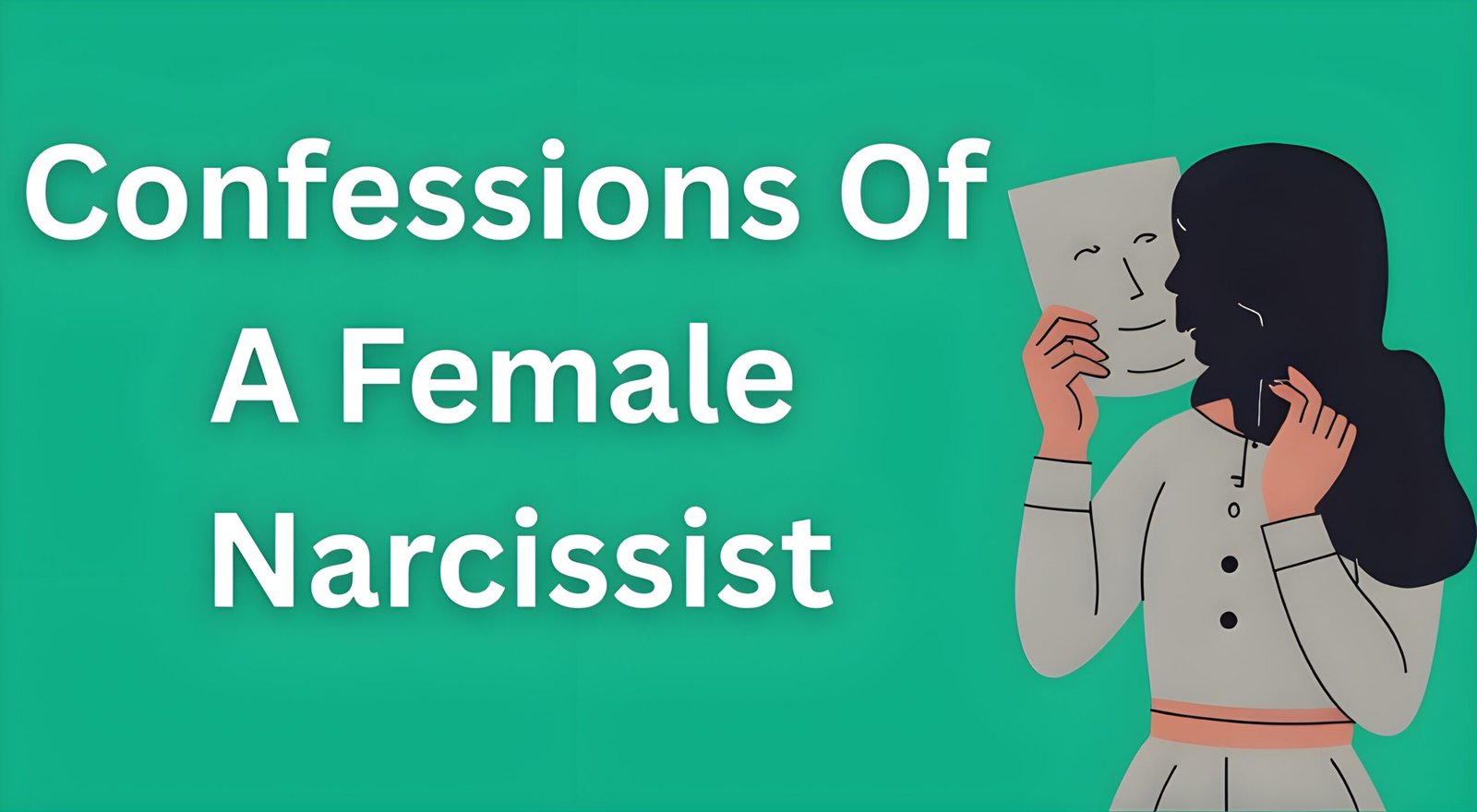
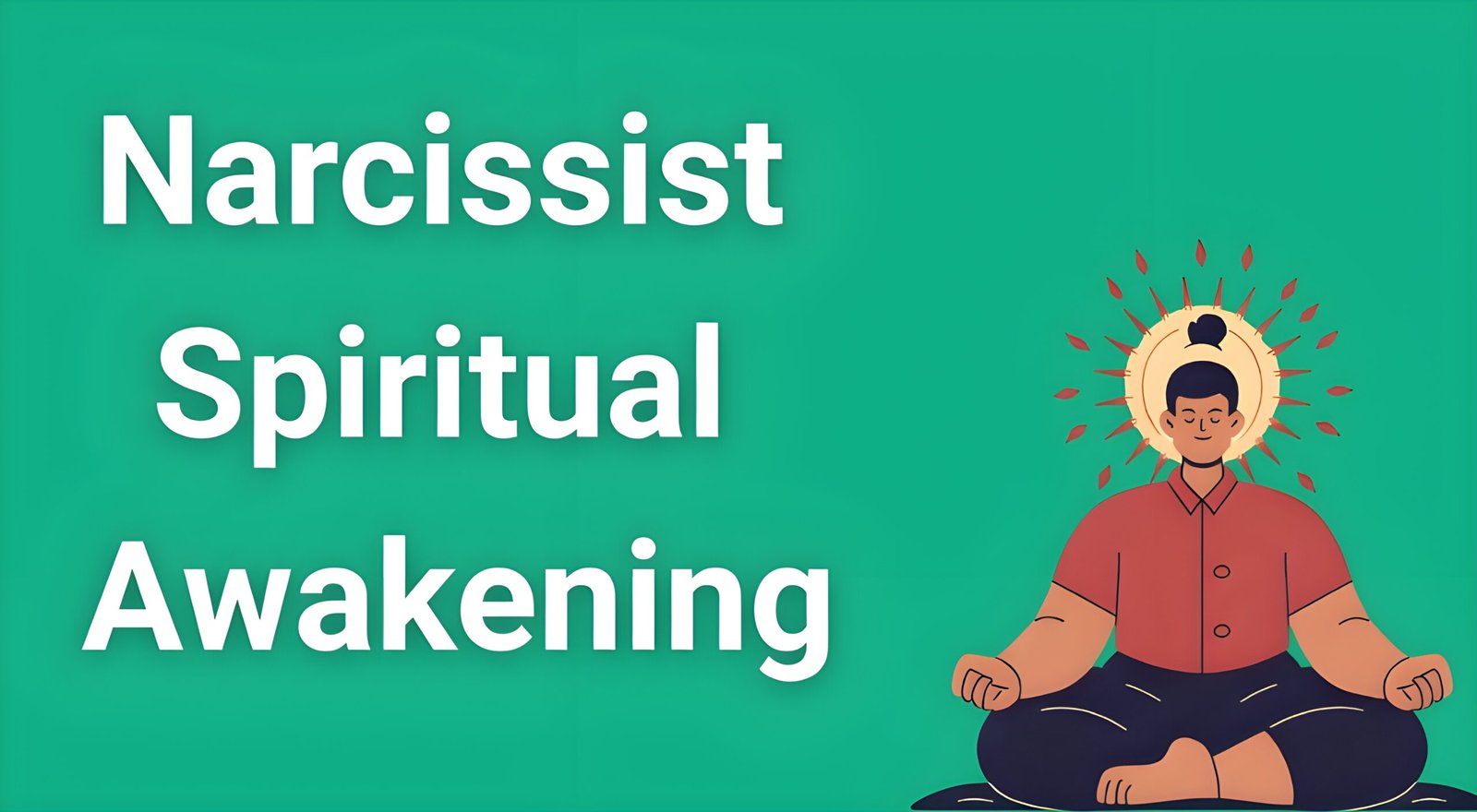
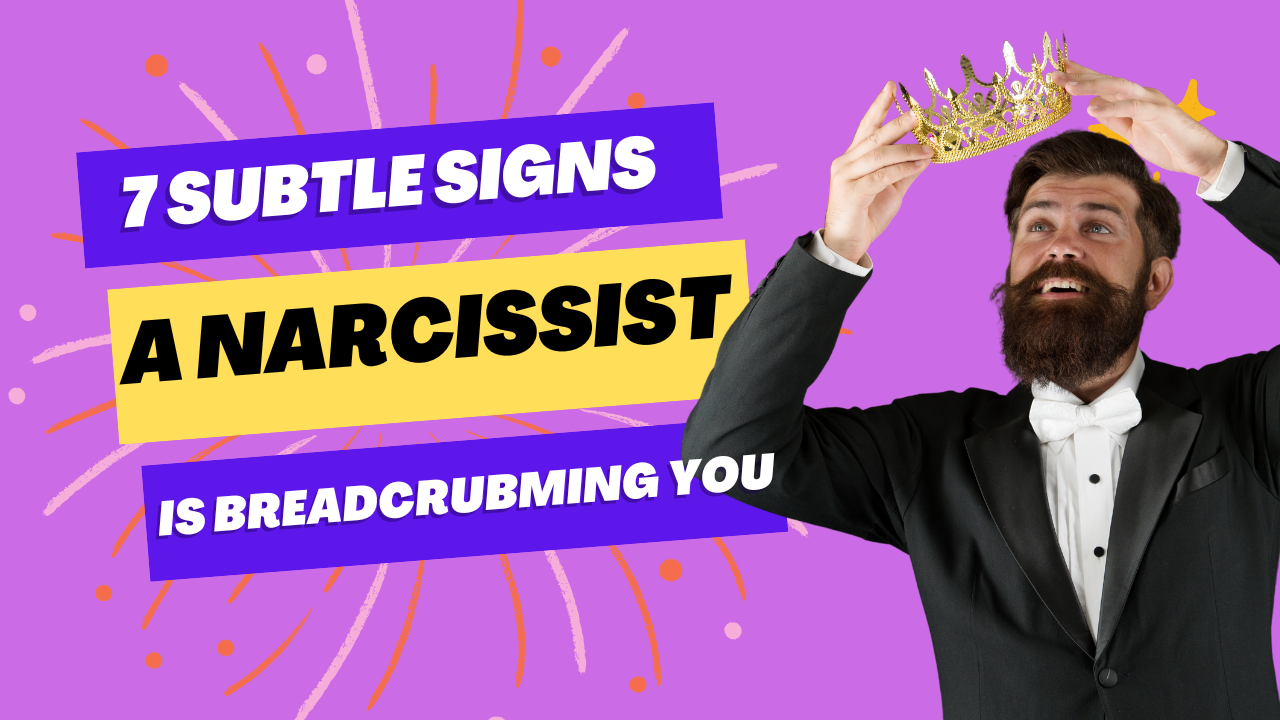
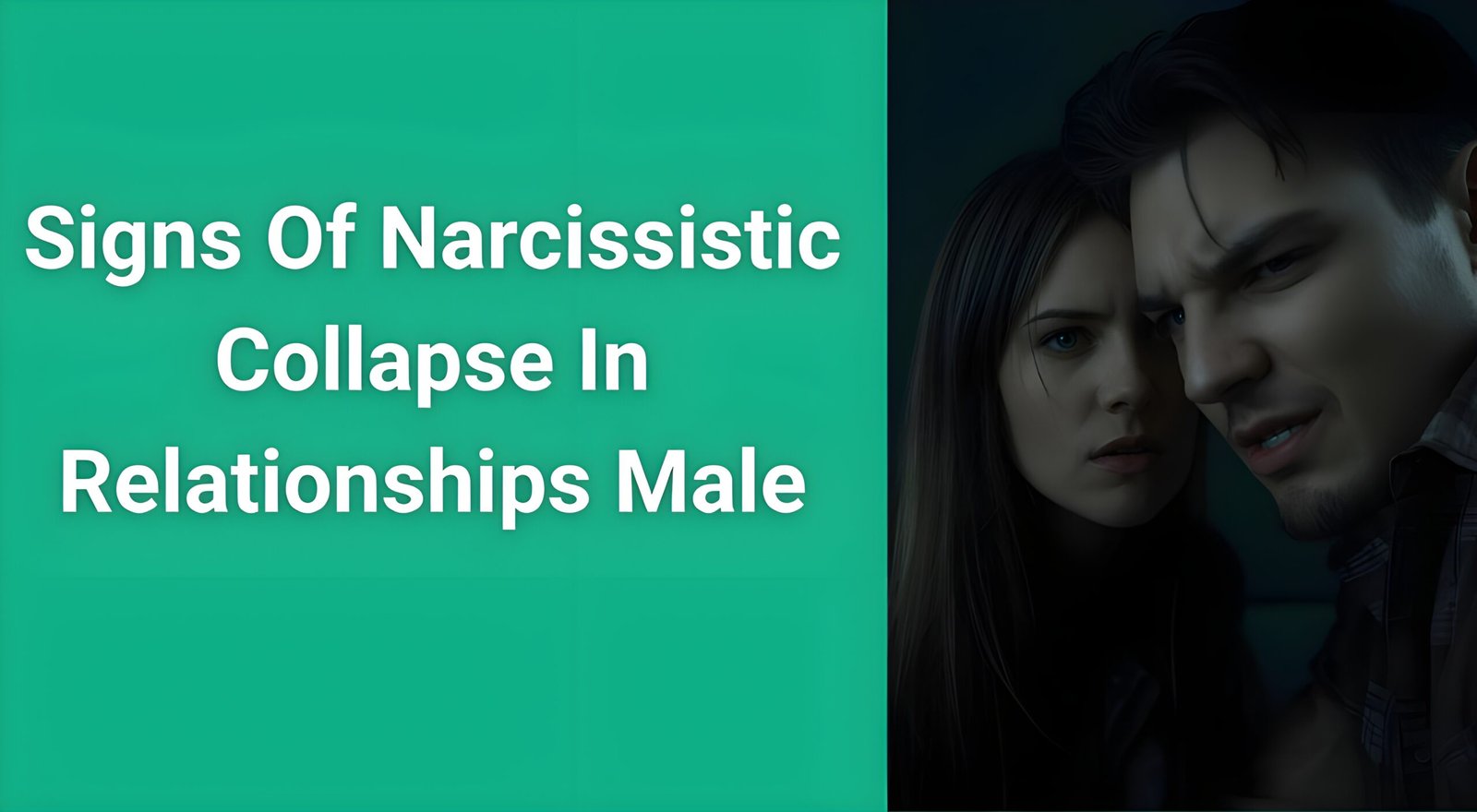
Great article . Thanks for posting it.